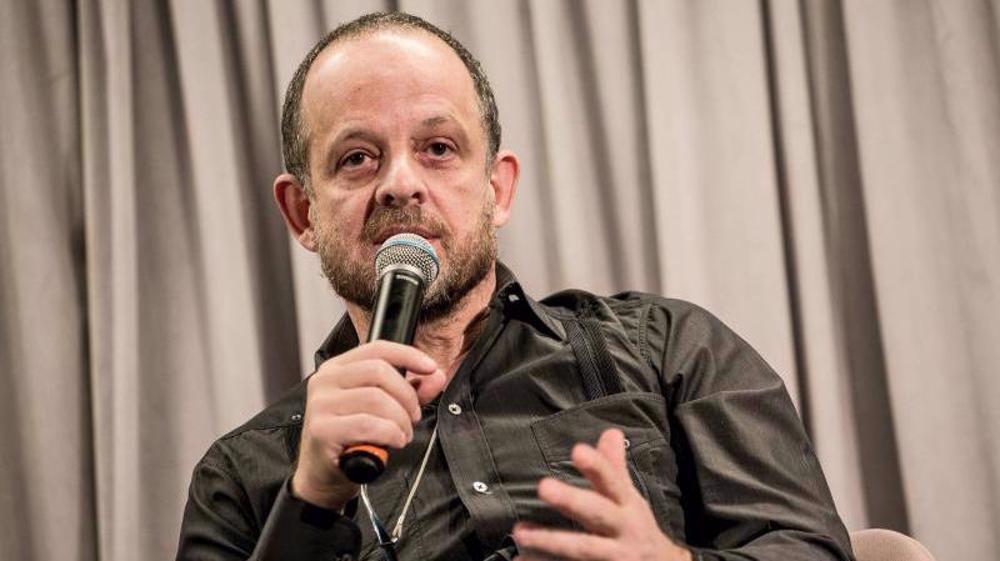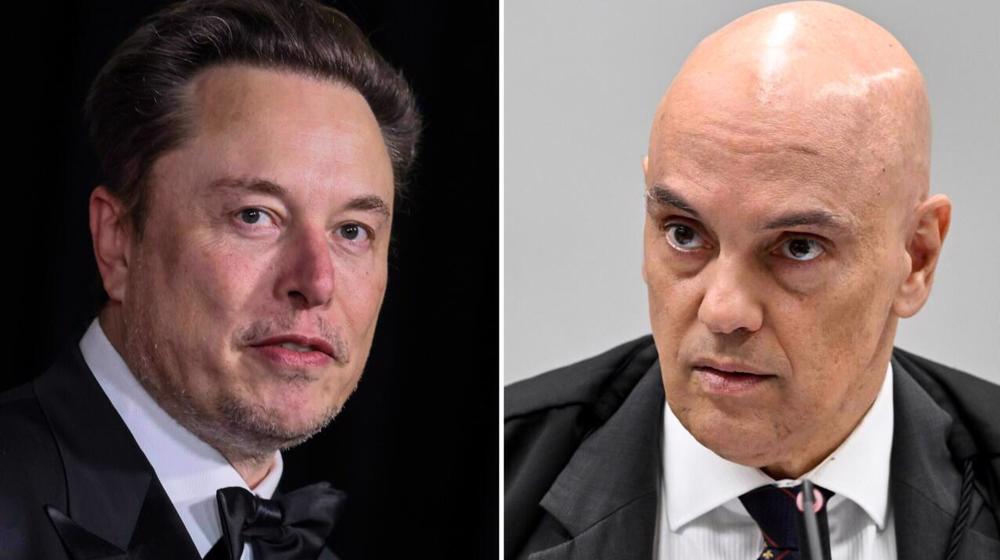Latin American leaders refuse to recognize Temer’s government
Several Latin American countries have refused to recognize Brazil's new interim government as people take to streets of Sao Paulo to demonstrate against President Dilma Rousseff’s impeachment.
Rousseff was suspended from office on Thursday by the Brazilian Senate, which is taking up an impeachment trial against her for allegedly fudging government accounts ahead of her 2014 reelection.
The leaders of Venezuela, Cuba, Ecuador, Bolivia, Nicaragua and El Salvador have supported Rousseff, challenging the legitimacy of her ouster and the authority of her successor Michel Temer.
El Salvadorian President Salvador Sanchez Ceren said in a statement on Saturday that Rousseff’s suspension had “the appearance of a coup d'etat.”
President Nicolas Maduro of Venezuela and his Bolivian counterpart Evo Morales on Thursday also called Rousseff’s suspension a coup.
Cuba also questioned the legality of the suspension, calling it a “judicial-parliamentary coup d’etat.”
Colombia’s President Juan Manuel Santos said Rousseff’s suspension could have a negative impact on the stability of the region.
In a statement on Sunday, the interim government accused the Latin American leaders of spreading “lies” about Brazil’s political process.

“We emphatically reject the declarations by the governments of Venezuela, Cuba, Bolivia, Ecuador and Nicaragua, as well as the ALBA (an alliance of left-wing Latin American and Caribbean nations) that give opinions and spread lies about Brazil’s internal political process,” said Jose Serra, the newly appointed foreign minister.
He said the suspension and trial of Rousseff “is provided for under the constitution, in democratic legality.”
Pro-Rousseff rallies
Supporters of the ousted president, however, continued to hold demonstrations against Temer, the former vice-president who assumed power on Thursday after Rousseff was deposed by the Senate.
Demonstrators poured to the streets in Sao Paulo on Sunday to express opposition to the interim government and attack the impeachment proceedings as a “coup.”
“Temer's government is illegitimate, patriarchal, machista, and does not represent us. We are going to be in the streets every day until (that government) falls,” said protester Maria Bopp.
Another protester, Maria das Neves, said, “It's not a government that combats corruption, but rather it's a government that supports and legitimizes corruption in our country. Say no to the coup.”
Rouseff should stand a trial in the Senate within 180 days. The Senate will have to decide whether to disqualify her for presidency. If she is removed from office, Temer will retain the presidency until scheduled elections in 2018.
Rousseff maintains that the move against her is part of a plot by the country’s extreme right. She has also described the impeachment attempt as a coup.
“They want to come to power by an easy route, and not through popular election for which we have fought,” she said.
Israeli strike on Lebanon kills at least 15 people
Israeli forces kill 7 more Palestinians in West Bank
VIDEO | US presidential election
Netanyahu fires military affairs minister Gallant
Hezbollah attacks turn Israel’s Haifa into a ghost town
Iran’s FM meets Pakistani PM, discusses bilateral ties, Israeli atrocities
Iran ramps up gasoline output amid rising demand
UK foreign secretary under pressure over denial of genocide in Gaza














 This makes it easy to access the Press TV website
This makes it easy to access the Press TV website